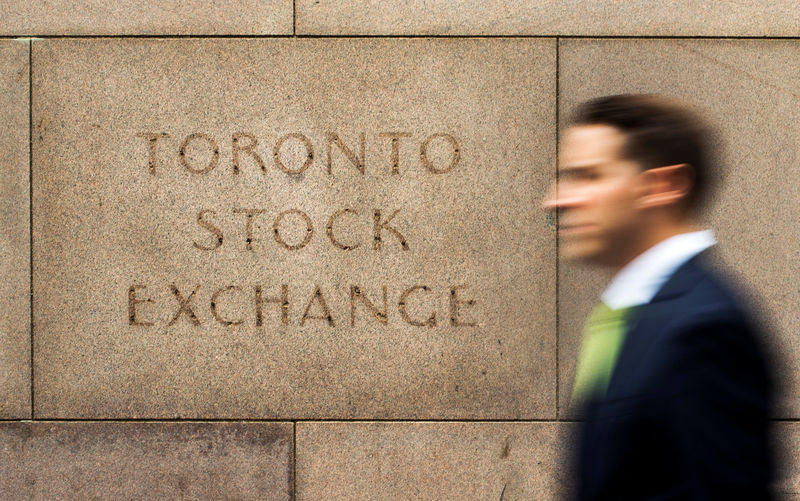By Steven Scheer
TEL AVIV, Jan 30 (Reuters) - Blockchain Mining Ltd BLCM.TA said on Tuesday it was preparing to list its stock on Nasdaq and the Toronto Stock Exchange by July after Israel's market regulator said it might ban companies involved in cryptocurrencies from the Tel Aviv exchange.
Earlier this month, the Israel Securities Authority (ISA) proposed rules to prohibit share listings by companies that mainly invest in, own or mine cryptocurrencies. They would also not be allowed in the exchange's indexes, and if they were already listed on the exchange they would be delisted. proposals followed a sharp rise in shares of Blockchain Mining, which late in 2017 said it would shift its focus from mining for gold and iron to mining cryptocurrencies.
Since then, its shares have soared nearly 5,000 percent.
Blockchain Mining's CEO and controlling shareholder Roy Sebag said it would list shares and advanced depositary receipts (ADRs) on one or both exchanges once an audit of its finances was complete, which he expected by the end of June.
"We like the idea of being on both," Sebag told Reuters after a news conference. "We may end up deciding to be on one North American exchange."
"Right now, we are in survival mode. We have been attacked by the regulator. So we are saying, 'we are going to fight you on this rule but we are going to list on two exchanges as well so if your rule goes through we are still listed on them.'"
The proposed ban would not apply to companies with equity of more than 100 million shekels ($29 million) and with three years of audited financial statements.
Sebag said his company had equity of $41 million, which is about 140 million shekels, but was still preparing for a possible delisting in Tel Aviv.
Bitcoin is a publicly available ledger of a finite number of digital "coins", which backers say can be used as a currency without the support of any country's central bank. It is "mined" by computers, which are awarded new coins for working out complex mathematical formulas. Several other cryptocurrencies have also been launched that work on similar principles.
In a reverse merger, Blockchain is set to buy control of Canada's Backbone Hosting Solution, which is known as Bitfarms, in a deal expected to close at a general meeting on Feb. 19.
Bitfarms currently has four blockchain farms where it mines for bitcoin and other cryptocurrencies. Sebag said it consumes 27.5 megawatts of electricity but the company will open three more facilities this year and will use 180 megawatts.
"The more capacity we have to mine the more we can mine," he said, noting that in the last six weeks of 2017, it (Bitfarms) generated revenue of $10 million.
Sebag added that the ISA's proposed ban was discriminatory.
"Why is it that an entrepreneur starting in a garage looking to start a cryptocurrency business punished with a higher qualitative listing requirement than an entrepreneur looking to start a biotech or social media business?" he said.
Shmuel Hauser, chairman of ISA, was quoted saying in December that: "We feel that the prices of bitcoin behave like bubbles and we don't want investors to be subject to that volatility and uncertainty." Hauser stepped down last week after 6-1/2 years as ISA chairman.
($1 = 3.3970 shekels)
